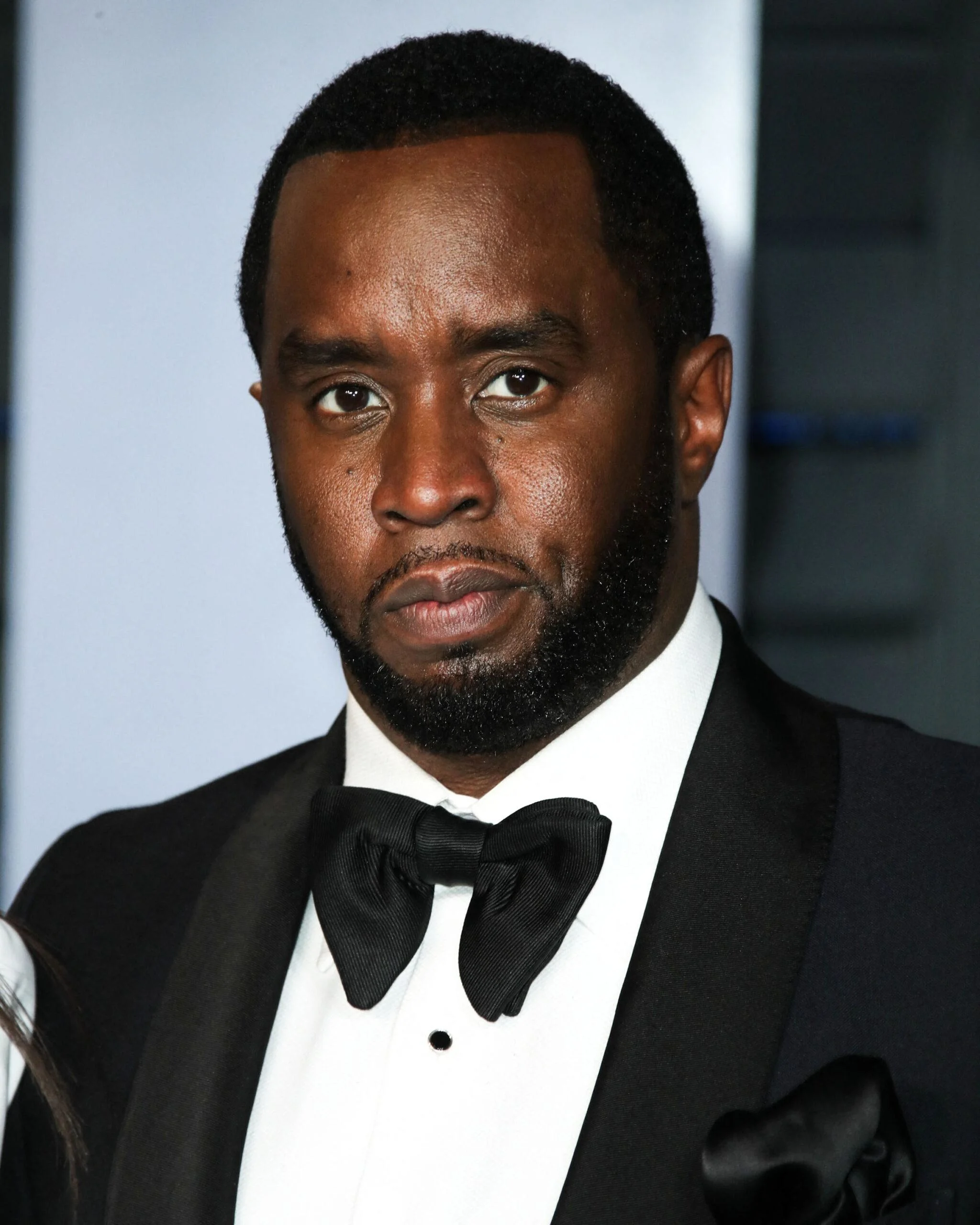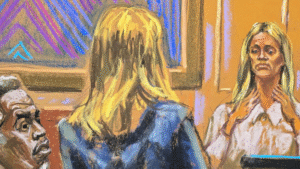Jurors raise alarm over Manhattan juror: This unexpected development in the Sean “Diddy” Combs sex trafficking trial sent waves through Manhattan federal court on June 30. While deliberations had just begun, the jury submitted a note expressing doubt that Juror No. 25 could follow the judge’s instructions. Let’s break down the impact of this concern and what it may mean for a trial under the national spotlight.

What the jurors’ notes revealed
The jury’s note, delivered about two hours into deliberations on June 30, stated: “We have a juror … who we are concerned cannot follow your honor’s instructions.”
- Juror No. 25 is a 51‑year‑old Manhattan man with a PhD in molecular biology and neuroscience, residency confirmed during voir dire. He enjoys nature documentaries, opera, and hiking.
- The judge, Arun Subramanian, responded by reminding the jury of their duties and instructing them to continue deliberations, without removing any juror immediately.

Why this matters in a high-stakes trial
Judicial instruction compliance
Jurors must treat evidence and legal guidelines as delivered. A single juror unable or unwilling to do so can jeopardize the fairness of the entire process.
Anonymity and protection
This jury is anonymous—a rare but not unprecedented measure in celebrity cases. It helps reduce intimidation and outside influence, but complicates follow-up.

Context: Over six weeks of explosive testimony
Key revelations leading up to this moment:
- Former girlfriends Cassie Ventura and “Jane” testified that Combs forced them into sexual performances with male escorts—“Freak Offs”—backed by emotional and sexual intimidation.
- Prosecutors presented evidence, including hotel surveillance video of a violent assault on Ventura in 2016.
- The defense conceded that Combs could be violent in domestic contexts but maintained the sexual encounters were consensual, with messages to support intimacy.
After nearly six weeks of dramatic, emotionally charged testimony, deliberations finally commenced, making this juror’s concern all the more consequential.
Comparison to other juror issues in the trial
Earlier in June, the court replaced Juror No. 6, a 41-year-old man whose residency statements were inconsistent. Subramanian replaced him with an alternate juror.
- That action demonstrated the court’s willingness to address procedural integrity.
- Now, facing another potential compatibility concern, the judge has opted to reinforce the jury’s charge rather than invoke a replacement swiftly.

What happens next—and why it matters
- Judge’s options: Subramanian may either caution the jury, ask for clarification, or examine the discomfort privately. For now, he chose a refresher.
- Potential appeal leverage: If a juror is later found incompatible, the defense may argue grounds for a mistrial or appeal, citing fairness concerns.
- Public trust hinge: This case centers on celebrity, power, and justice. Any misstep may erode public confidence, making juror reliability critical.
Broader perspective: jury selection in high-profile cases
- Voir dire in this trial involved rigorous questioning about fame bias, music preference, and wealth perception. (jdsupra.com)
- Prospective jurors who displayed bias for or against Diddy, or who felt wealthy defendants are above the law, were scrutinized closely.
To assemble an impartial panel in a Pulitzer-worthy trial, both sides dug deep into beliefs and backgrounds.
Trending commentary & public sentiment
A recent Reuters piece underscored how juror notes like this reflect internal uncertainty—and heighten judicial caution. (reuters.com)
Legal blogs like E! News and NBC highlighted that Juror 25 “does not follow” instructions. (eonline.com)
These trending taglines influence how the public and pundits process the decision-making process and reinforce the importance of transparent, trustworthy court management.
Conclusion
The jury’s note—their early signal that one of their own may not be following instructions—puts a spotlight on the trial’s core integrity. With Diddy facing possible life sentences under racketeering and sex trafficking charges, every element counts. As deliberations continue and the court grapples with fairness versus procedure, the outcome may depend not only on evidence but on the unity and impartiality of the jury.
The jury’s note regarding Juror No. 25 is more than a courtroom anomaly—it’s a test of legal resilience in one of the year’s headline trials. The judge’s decision to reinforce instructions rather than replace the juror reflects judicial restraint, but raises pivotal questions about the integrity of the process. Stay tuned as deliberations unfold in this landmark case.
“Subscribe to trusted news sites like USnewsSphere.com for continuous updates.”





